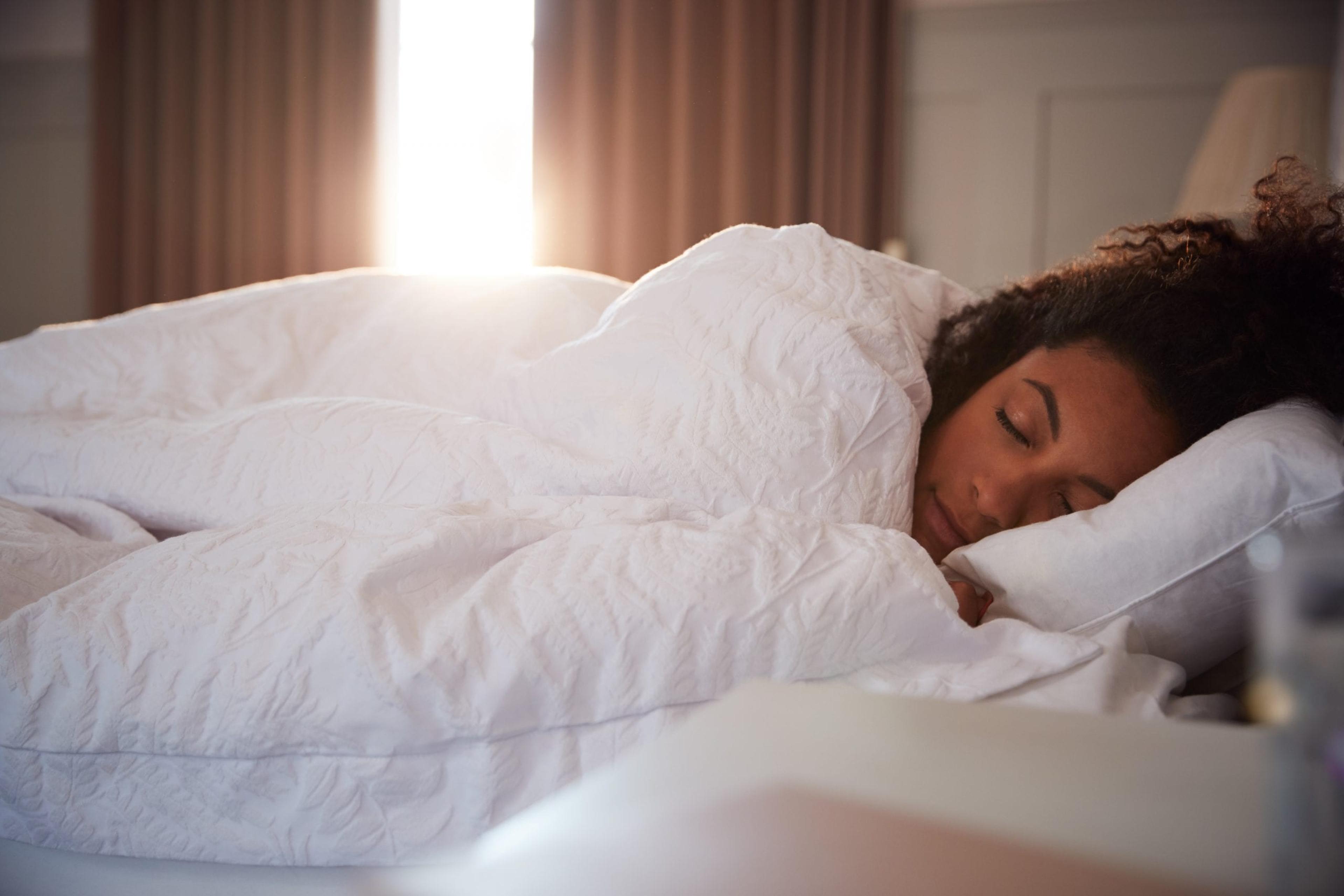How the Shift in Daylight Hours Affects Sleep

Blue Daily
| 2 min read

As a primary care physician and a mother of three young children, Dr. Angela Seabright is keenly aware that sleep is a precious commodity for many who lead busy lives. She also knows that getting enough sleep is important to overall health.
“We know that while we’re resting, our body is actually conserving energy, restoring and repairing important functions, and consolidating memory. We also know that lack of sleep is linked to inflammation, heart disease, and increased risk of weight gain, obesity and type 2 diabetes,” said Seabright, a care management physician for Blue Cross Blue Shield of Michigan.
On this episode of A Healthier Michigan Podcast, hosted by Chuck Gaidica, he and Seabright discuss the impact Daylight Saving Time (DST) and other factors can have on sleep.
DST — which starts this year on Sunday, March 10 — dictates two yearly time changes for most of the United States. In the spring, we turn our clocks forward one hour and "spring forward," losing one hour of sleep in the process. In the fall, we gain an hour by "falling back." This makes it seem a bit lighter earlier in the morning, but most noticeably plunges everyone into evening much faster during the winter months.
“There are little environmental cues that signal our body to sleep, and light exposure is one of them,” Seabright said. "There are healthy habits, known as sleep hygiene, that can help improve sleep. They include avoiding exercising, eating and drinking alcohol right before bedtime — although regular exercise earlier in the day promotes good sleep. Where people sleep is important, too. Sleeping in a cool, dark environment free of loud noises or distractions is best. So are having a good pillow and mattress to improve comfort. “
Also important is keeping the same sleep schedule, which is really hard to do. Sleeping in on the weekend isn’t a great idea because that really can throw your body off. A consistent schedule for bedtime and waking up is going to promote the best sleep,” she said.
Related:
- Why High-Quality Sleep is Connected to Good Health
- Are There Benefits to Eating Protein Before Bed?
- Is Mouth Breathing While You’re Sleeping Bad?
Photo credit: Getty Images





